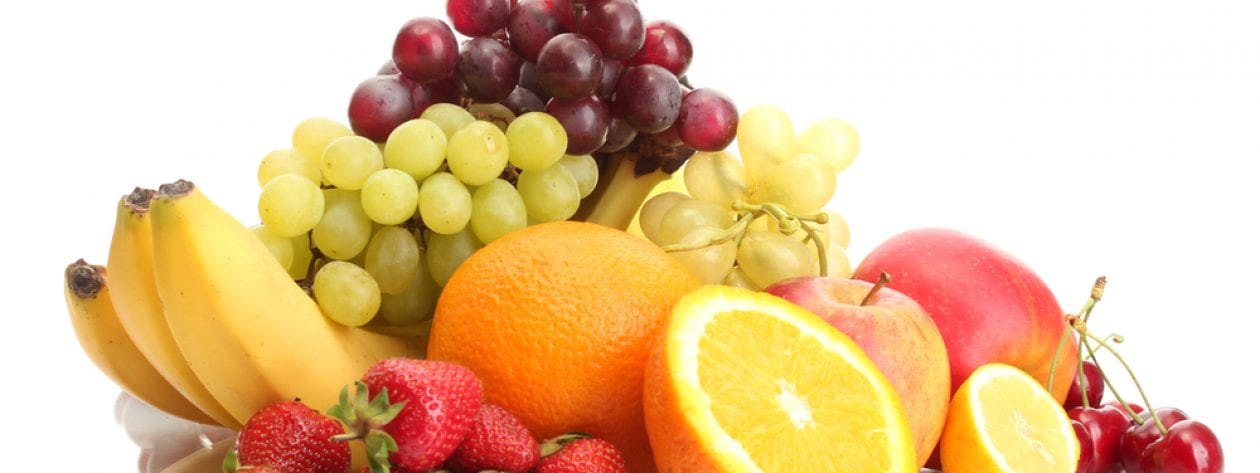
Peanuts are a great source of protein content! One ounce of peanuts (roughly one handful) packs a whopping 7 grams of protein when compared to runner-ups, almond and pistachios, each with 6 grams. Peanuts are lower in calories than most other nuts and are a rich source of B-vitamins, vitamin E (an antioxidant), magnesium, copper and phosphorous. Peanuts also contain fiber, healthy monounsaturated fats and phytosterols. Phytosterols are natural, plant-based compounds that have been shown to have cholesterol-lowering effects in the body. Let’s look a little closer at what all of this means for you:
Peanuts make hard-to-get nutrients easy. A Scientific Report by the 2015 Advisory Committee for the Dietary Guidelines indicated that the average American diet is lacking in key nutrients such as magnesium, potassium, vitamin E, fiber, iron and folate. By eating one ounce of peanuts a day, you can significantly increase your intake of each of these nutrients of concern! A study conducted by Penn State researchers followed adults and children who ate peanuts or peanut products for two days. In this short amount of time, participants showed a significant improvement in diet quality due to an increase in these hard-to-get nutrients !
!
Peanuts are energy dense. A large portion of that energy is due to their high fat content. Peanuts are high in “good” fats called monounsaturated fats. How can fat from peanuts be good? The increase in monounsaturated fats in your diet is actually associated with decreased risk of high cholesterol and heart disease.
Despite popular belief, the rich energy content of peanuts does not lead to weight gain when eaten as part of a healthy diet and paired with a physically active lifestyle. In fact, eating peanuts regularly is proven to boost your metabolism so that your body can use energy and function at its best. The fiber and protein content of peanuts will also leave you feeling satisfied and energized to take on the day, which may make you less likely to snack less on empty calorie foods. This means you can avoid that extra bag of chips, double-stuffed cookies or packaged pastry treat. Whether or not you are worried about weight or cutting out extra foods, peanuts can be a delicious, nutritious addition to your everyday meals and snacks.
Here’s what eating peanuts on a regular basis can look like for you:
As a Penn State student, you have access to nutritious meals every day on campus. Look out for some of these tasty Penn State Food Service recipes featuring peanuts:
- Teriyaki Vegetable Stir Fry
- Thai Edamame & Vegetable Stir Fry
- Red Chili Thai Tofu
- Pad Thai
Resources:
Photos adapted from: uacescomm, Justin Smith, cyclonebill, Meal Makeover Moms, Matias Garabedian, Katie


